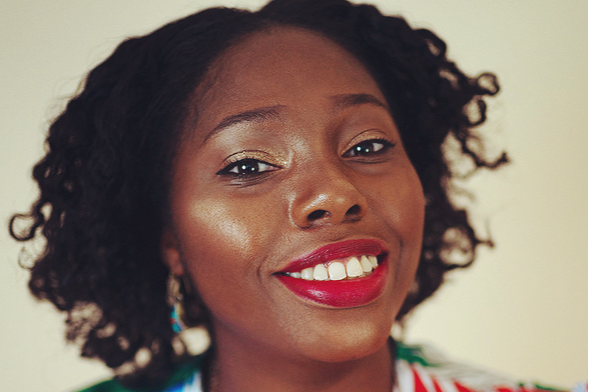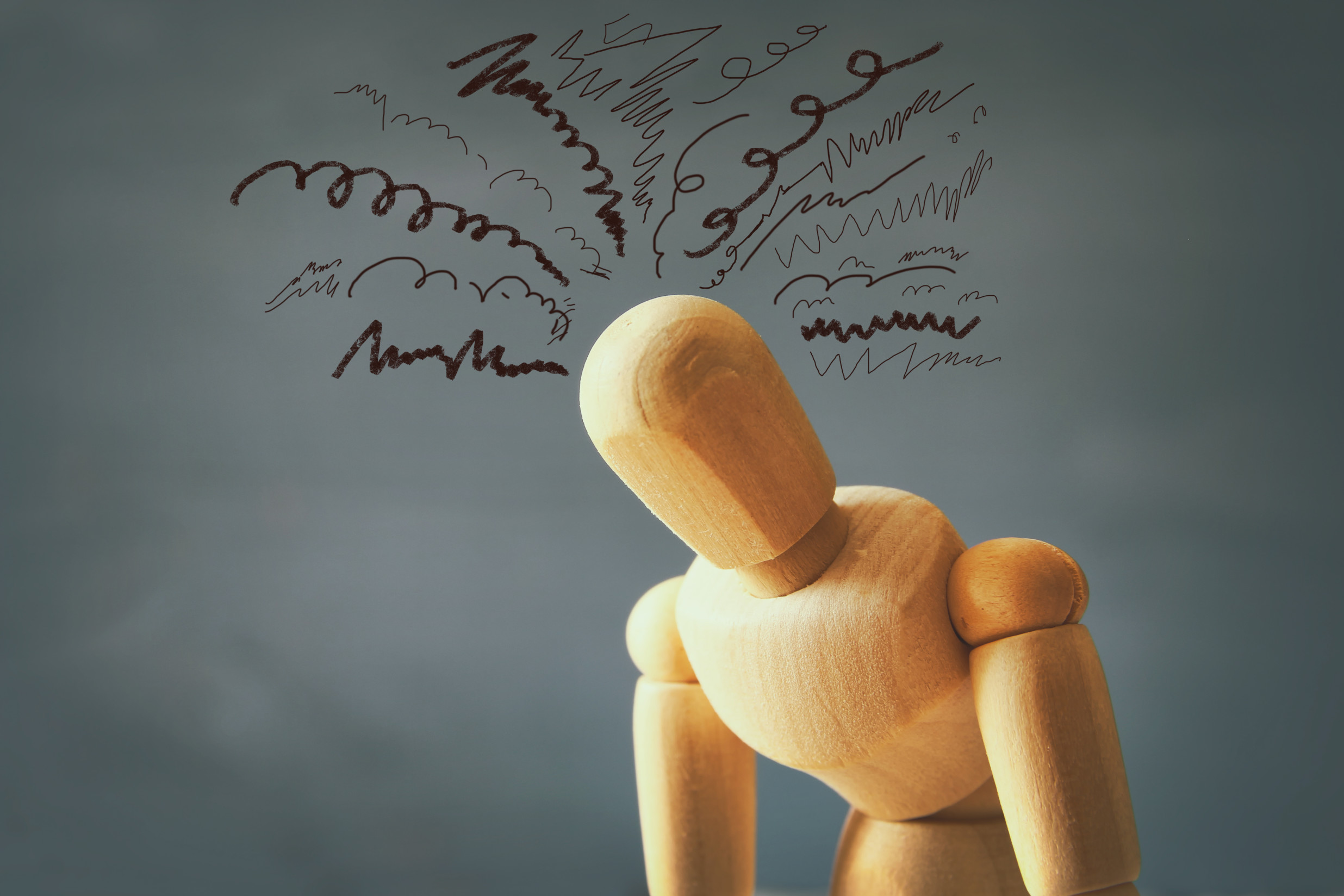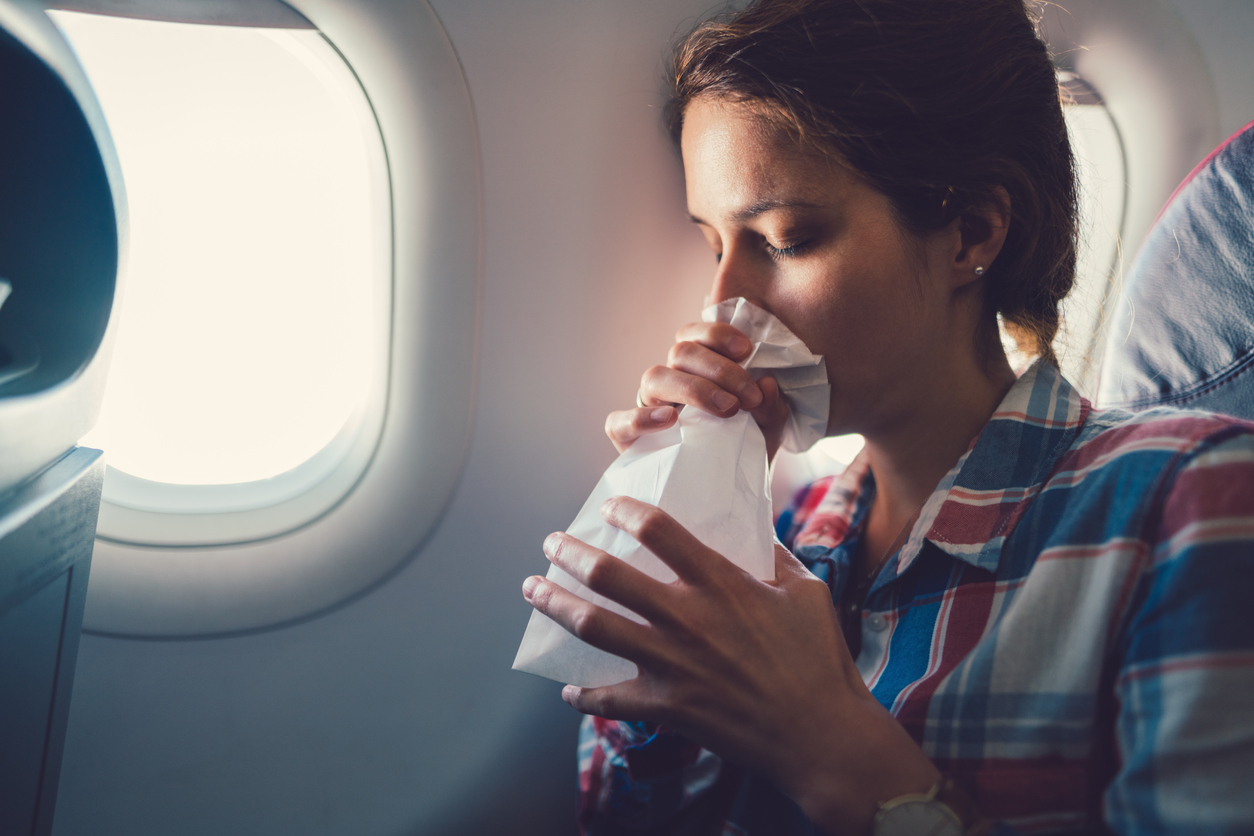Anxiety is a feeling of unease, worry or fear. Everyone feels anxious at some point in their life, but for some people it can be an ongoing problem.
A little bit of anxiety can be helpful; for example, feeling anxious before an exam might make you more alert and improve your performance. But too much anxiety could make you tired and unable to concentrate.
Symptoms of anxiety
Anxiety can have both psychological and physical symptoms. Psychological symptoms can include:
- feeling worried or uneasy a lot of the time
- having difficulty sleeping, which makes you feel tired
- not being able to concentrate
- being irritable
- being extra alert
- feeling on edge or not being able to relax
- needing frequent reassurance from other people
- feeling tearful
When you’re feeling anxious or stressed, your body releases stress hormones, such as adrenaline and cortisol. These cause the physical symptoms of anxiety, such as an increased heart rate and increased sweating.
Physical symptoms can include:
- a pounding heartbeat
- breathing faster
- palpitations (an irregular heartbeat)
- feeling sick
- chest pains
- headaches
- sweating
- loss of appetite
- feeling faint
- needing the toilet more frequently
- "butterflies" in your tummy
Anxiety can also be a symptom of another condition, such as panic disorder (when you have panic attacks) or post-traumatic stress disorder, which is caused by frightening or distressing events.
Is anxiety bad for you?
A little anxiety is fine, but long-term anxiety may cause more serious health problems, such as high blood pressure (hypertension). You may also be more likely to develop infections. If you’re feeling anxious all the time, or it’s affecting your day-to-day life, you may have an anxiety disorder or a panic disorder.
Help for anxiety and panic
There are effective treatments available for anxiety and panic disorders, so do talk to your doctor if you think you may benefit from them.





